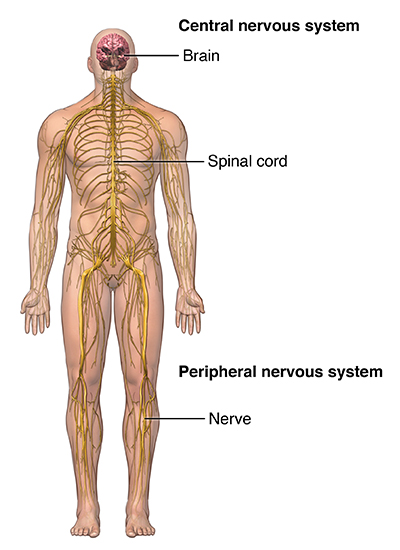
How Does Ms Affect Pregnancy. In addition some of these effects such as muscle weakness fatigue and coordination problems as well as bladder and bowel incontinence may worsen during pregnancy. The Pregnancy and Multiple Sclerosis PRIMS trial which looked at 269 pregnancies found that pregnancy resulted in. The risk of relapse increases in the six months after the birth. Others however experience MS relapses when theyre expecting and in the postpartum period.

Several studies suggest that MS is less likely to flare up late in pregnancy. The disabling effects of the disease may make it physically hard to carry a pregnancy. When youre pregnant your MS symptoms will probably get better especially during your second and third trimesters. Neither does it increase the risk of miscarriages complications during labour or delivery foetal malformations or stillbirths. Fatigue is the most common symptom of MS and pregnant MS women may experience greater fatigue. Epidural anaesthesia is considered safe to use for pain relief during labour and has been found to be beneficial for women who experience spasticity.
This is thought to be due to changes in the levels of hormones particularly oestrogen during and after pregnancy.
In addition some of these effects such as muscle weakness fatigue and coordination problems as well as bladder and bowel incontinence may worsen during pregnancy. After you give birth your odds of a flare are higher for about 3 to 6 months. For example if a woman has balance problems they might get worse as she gains weight. The risk of relapse increases in the six months after the birth. A 70 reduction in relapse rate in the third trimester A corresponding increase in the relapse rate in the three months after childbirth. Pregnancy is associated with a reduced relapse rate particularly during the last trimester.